Fish consumption has long been linked to a reduced risk of cardiovascular disease (CVD). Studies have shown that people who eat fish regularly have a lower risk of dying from cardiovascular diseases. Fish consumption is associated with protective factors such as omega-3 fatty acids and vitamin D, which are critical for heart health.
Fish is an excellent protein source. Unlike red meat products, it’s not high in saturated fat, which is terrible for you. But, fish is high in polyunsaturated fat, which is good fat.
Excellent source of omega-3 fatty acids
Fish is an excellent source of omega-3 fatty acids, which keep our heart and brain healthy. People who eat fish at least twice a week have a lower risk of developing heart disease and even less risk of dying from it.
Fish contains two kinds of omega-3 fatty acids. They are eicosapentaenoic acid and docosahexaenoic acid. Our bodies can not produce omega-3 fatty acids, so we must get them through our food. Hence they are called essential fatty acids.
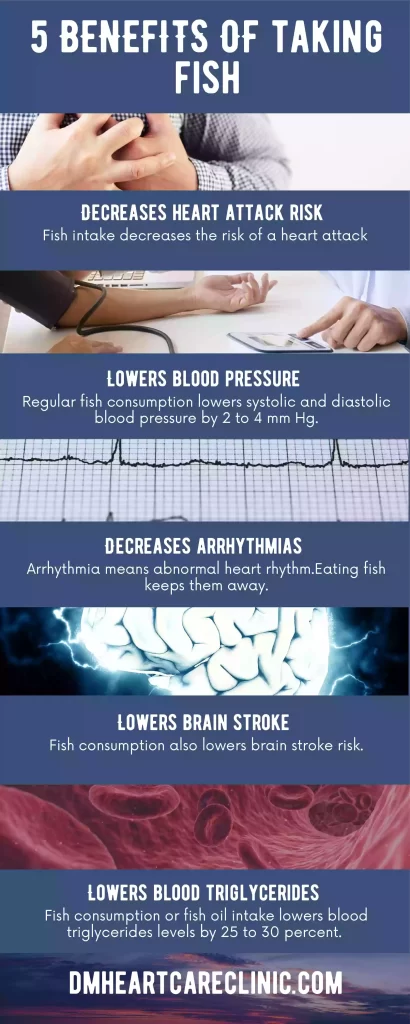
Lowers blood triglycerides
Fish consumption or fish oil intake lowers blood triglycerides levels by 25 to 30 percent. They also reduce VLDL cholesterol. Triglycerides are the most prevalent kind of body fat. The majority of fat in your body is stored as triglycerides. High triglyceride levels may raise the risk of heart disease, heart attack, and stroke. Hence, for patients with high triglycerides, fish oil intake is recommended.
Lowers blood pressure
Regular fish consumption lowers systolic and diastolic blood pressure by 2 to 4 mm Hg. An excessively high blood pressure reading is known as hypertension or high blood pressure. Hypertension can create numerous health problems, and you should control it. Taking fish is one way to keep it under control.
Reduces heart rate
Fish intake reduces heart rate by 2 to 4 beats per minute. A lower heart rate is synonymous with a healthy heart.
Decreases heart attack risk
A heart attack is a life-threatening emergency medical situation. A heart attack occurs when a clot obstructs blood flow to the heart. Fish intake decreases the risk of a heart attack.
Decreases arrhythmias
Fish consumption reduces Arrhythmia risk. Arrhythmia means abnormal heart rhythm. They can cause interference with the electrical impulses that control the heart, making it beat too fast, too slow, or irregularly. Atrial fibrillation and ventricular tachycardia are a few examples. Eating fish keeps them away.
Lowers brain stroke
Fish, which reduces triglycerides, lowers stroke risk. People with high triglyceride levels are three times more likely to die from a stroke than those with low triglyceride levels. Fish consumption also reduces brain stroke risk.
Reduces sudden cardiac death
Sudden cardiac death (SCD) is an unexpected and sudden death. Regular fish consumption even reduces the risk of sudden cardiac death.
Recommended intake
Eat 100 grams of cooked fish per week. The American Heart Association recommends eating fish twice per week. If you are a vegetarian, choose omega-3 supplements made from microalgae.
What’s more, preparing a dish with fish is easy. So you can add it to your meal today.
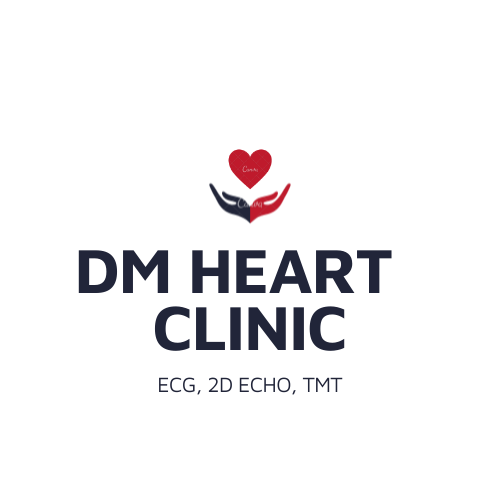


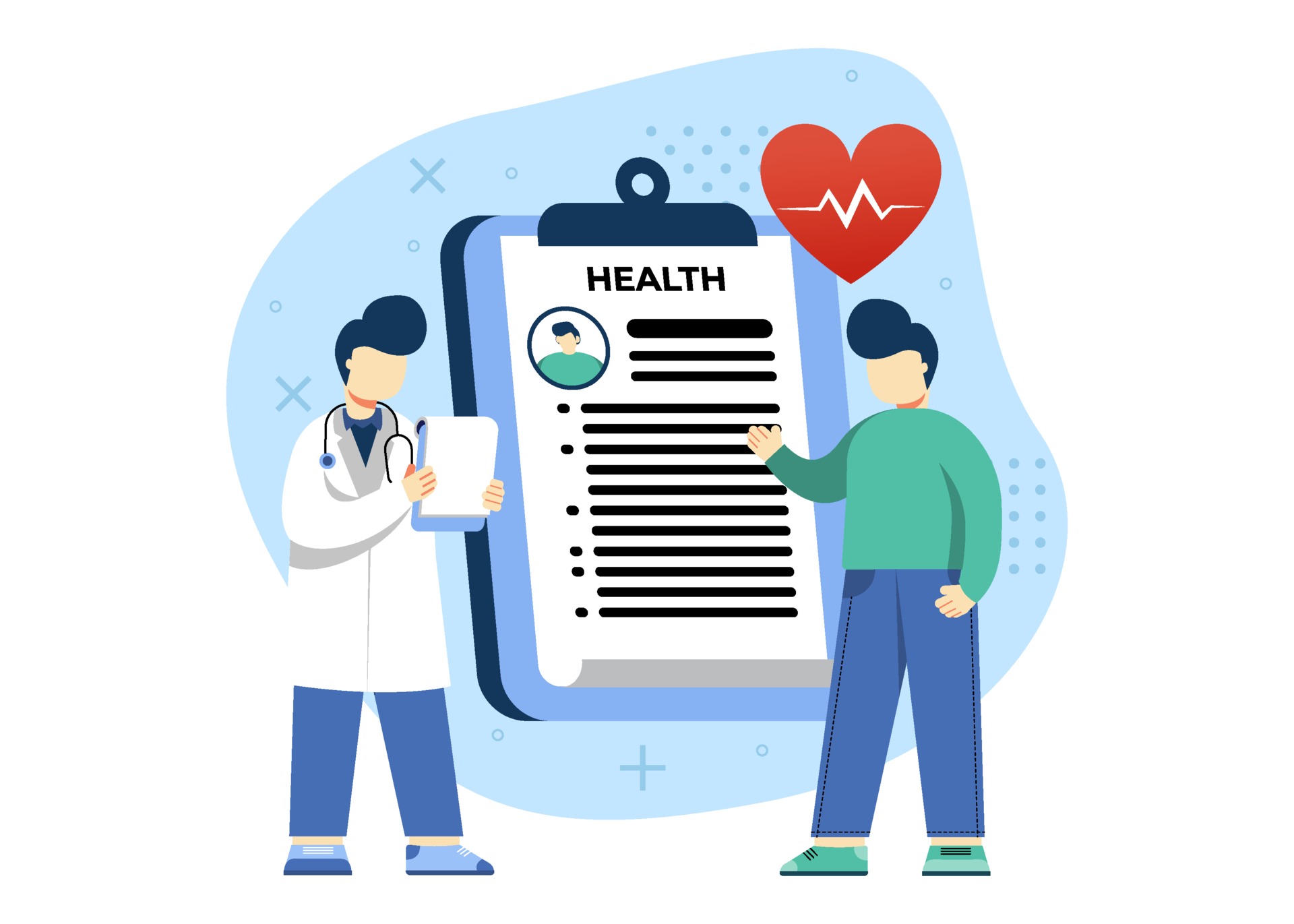
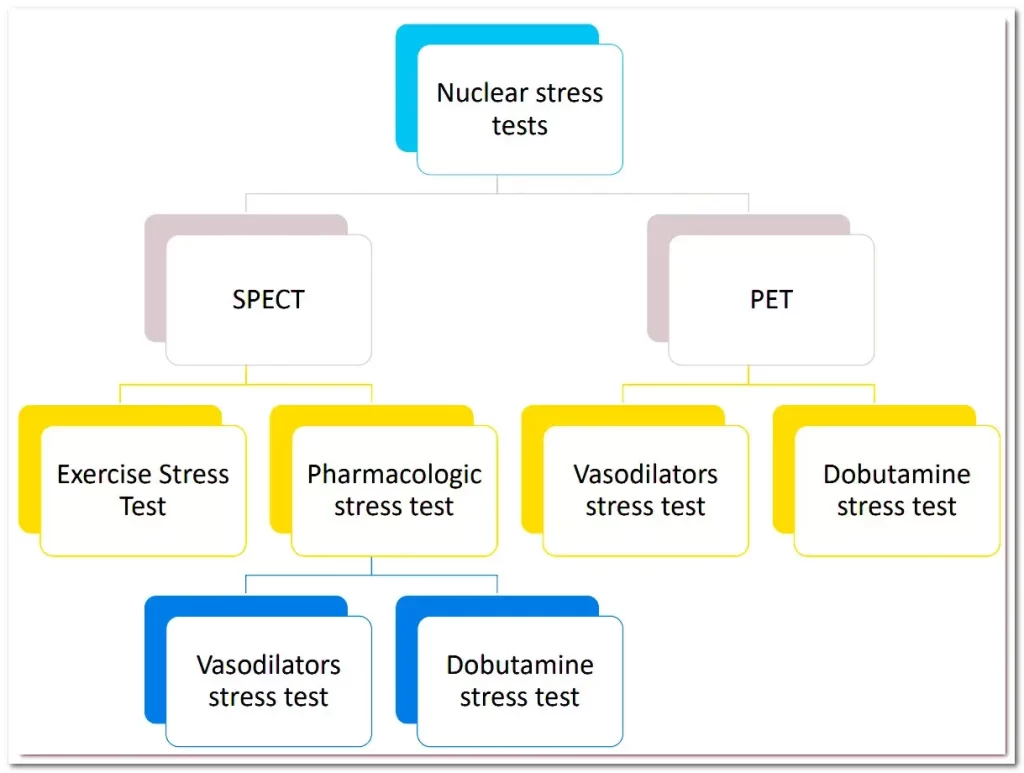
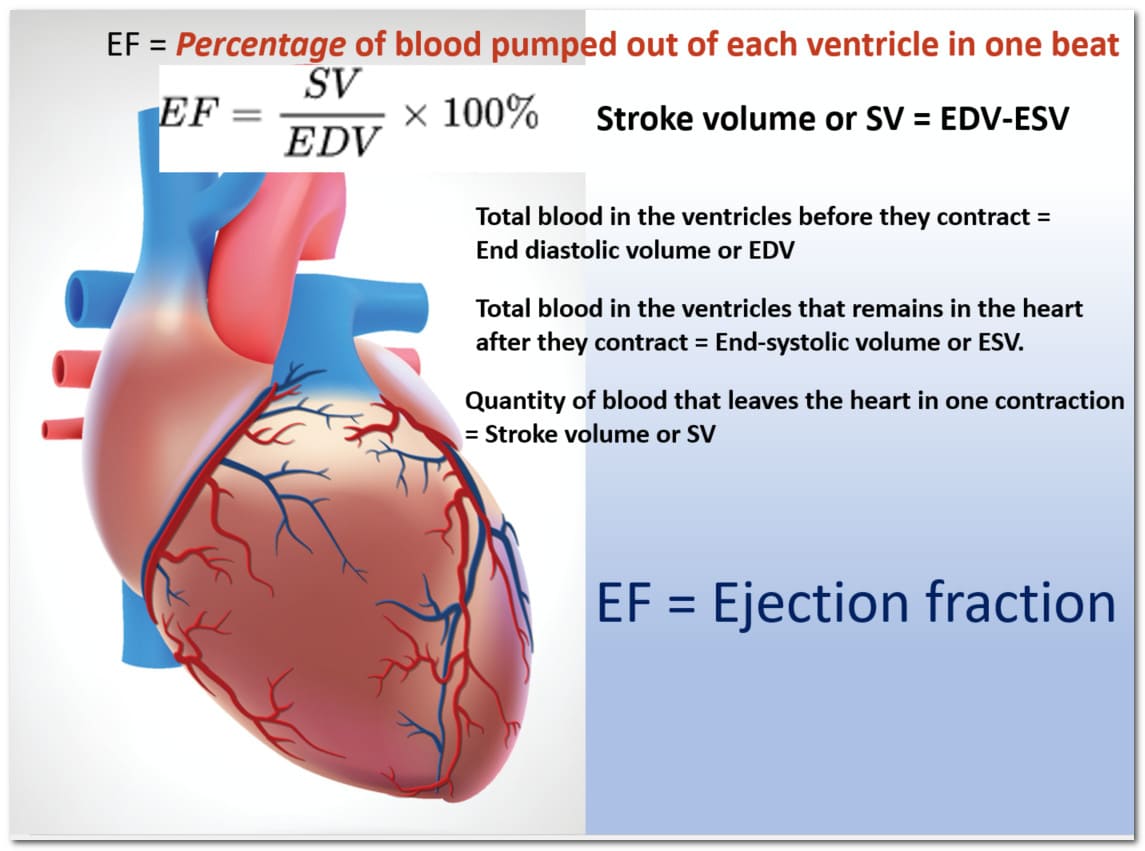



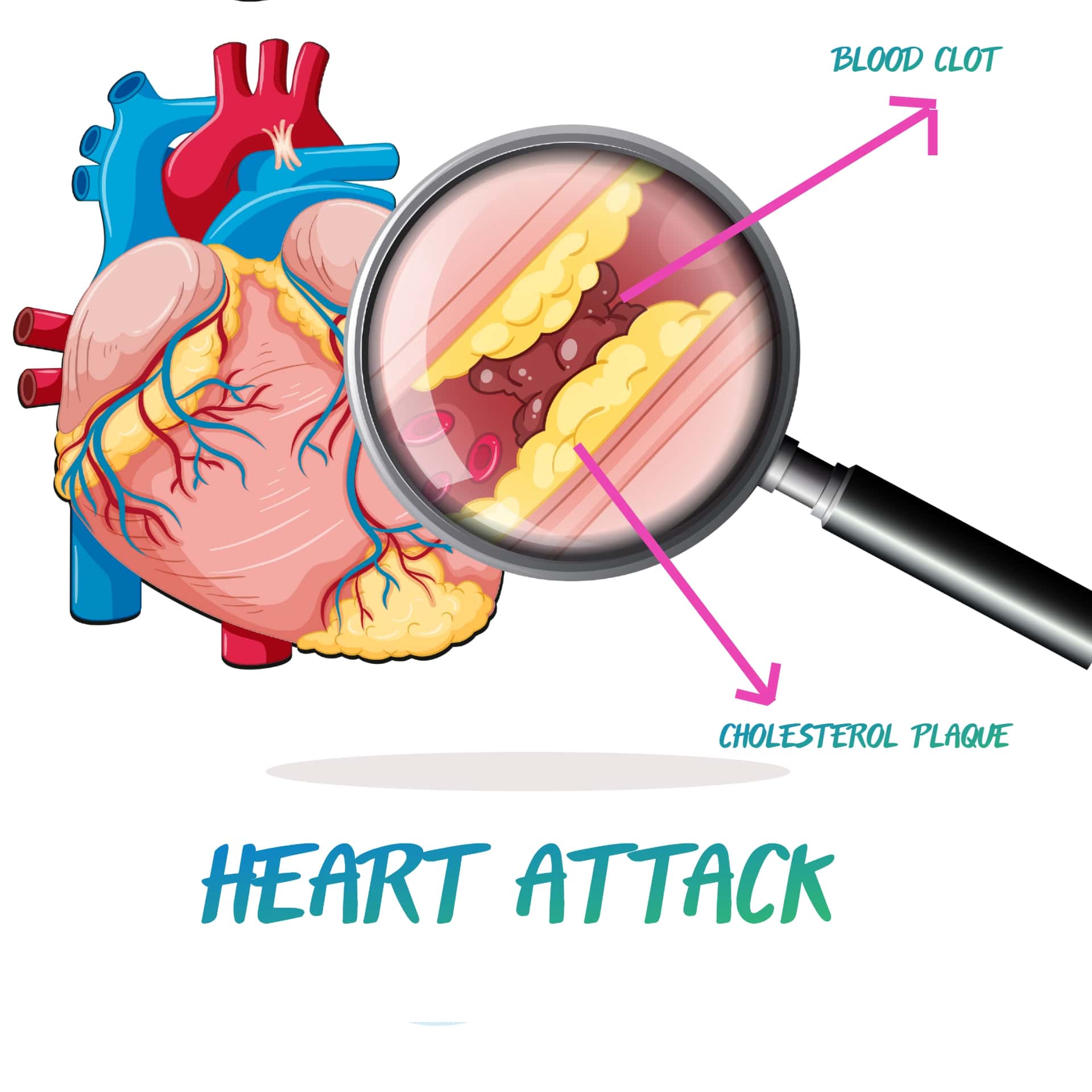


Pingback: Is red meat good for heart patients after angioplasty - DM HEART CARE CLINIC
Pingback: How to reduce lipoprotein(a) - DM HEART CARE CLINIC